A landmark advisory opinion delivered by the world’s highest court affirmed that actions driving climate change are illegal and states should be held legally responsible for their greenhouse gas emissions, in a historic moment for international climate litigation. On July 23, 2025, the International Court of Justice (ICJ) handed down a decision saying that states must halt climate pollution and compensate vulnerable nations and communities for the harm they have caused.
In the ruling, Judge Yuji Iwasawa described the climate crisis as “an existential problem of planetary proportions that imperils all forms of life”. He added that failures to protect the climate system from greenhouse gas emissions, including through fossil fuel production, granting fossil fuel exploration licenses, or the provision of fossil fuel subsidies, may constitute an internationally wrongful act attributable to that state.
Climate Litigation as a Powerful Force for Change
The groundbreaking campaign for an advisory opinion was conceived in 2019 by law students from the University of the South Pacific, who hailed the ICJ’s advisory opinion as a victory for justice and survival.
Vishal Prasad, campaign director of the youth-led grassroots organisation Pacific Islands Students Fighting Climate Change (PISFCC), said: “In no uncertain terms, it [the ICJ] has told the world that climate impunity is no longer allowed and that those who have caused the greatest harm are required to provide remedy to people most affected by climate change.”
Urgency of Climate Action
The ruling underscored the urgency of a just and fair transition to renewable energy to limit climate harms. “By affirming the science, the ICJ has mandated countries to urgently phase out fossil fuels because they are no longer tenable,” said Prasad. “For small island states, communities in the Pacific and for young people and future generations, this opinion is a lifeline and an opportunity to protect all that we hold dear and all that we love.” He added that the opinion underlies a “transformational shift […] and provides us with a reason to keep fighting.”
A Victory for the Planet and the Power of Young People
To secure the unanimous vote at the United Nations that led to the request for the ICJ’s opinion, the PISFCC had joined forces with other youth organisations and gained support from 1,500 other organisations. Nicole Ponce, from the World’s Youth for Climate Justice, emphasised the strength of grassroots climate movements in advancing justice at the highest global scale: “This moment shows how youth and Global South communities have the power to shape international law and seek reparation for damage done.”
UN Secretary-General António Guterres also welcomed the historic decision, which came a day after he delivered a special address to member states on the unstoppable global shift to renewable energy. “This is a victory for our planet, for climate justice and for the power of young people to make a difference,” he said.
Laying the Foundations for Current and Future Climate Change Litigation
The ICJ’s advisory opinion provides clear legal guidance that international law requires historical polluters to reduce emissions and provide compensation to climate-affected communities. It also reaffirms the primacy of climate science, offering an opportunity to reinvigorate global climate talks with legal clarity on rights and responsibilities.
Although the opinion is advisory and non-binding, legal experts expect courts around the world to cite this ruling in their upcoming decisions. It also strengthens legal arguments in ongoing and future climate lawsuits, and references to the ruling surfaced in hearings within days of its release.
For climate-impacted communities, especially in vulnerable nations, this marks a milestone for climate justice, presenting the legal grounds to demand accountability and reparations.
Empowering Communities in Asia to Fight for Climate Justice
Climate justice advocates in Asia welcomed the ruling as a significant turning point for climate litigation and action. The region is heavily affected by climate change and weather-related disasters, but remains greatly underrepresented in global climate litigation cases. As of 2024, climate litigation cases in the Global South represented only 8.3% of the total cases documented worldwide, with the Asia Pacific accounting for 21% of cases within the Global South, totalling 45.
A Precedent for Future Climate Lawsuits and Legal Claims
Climate leaders in Asia are hopeful that the ruling will catalyse stronger enforcement of domestic climate laws and international commitments. “Across Southeast Asia, from flooded rice paddies in Vietnam to storm‑battered coasts in the Philippines, the ICJ Advisory Opinion on Obligations of States in respect of Climate Change lays down a firm legal marker,” said YB Charles Santiago, co-chairperson at the ASEAN Parliamentarians for Human Rights and former member of the Malaysian parliament. “With almost 3,000 climate cases filed worldwide, it arms Southeast Asia’s climate justice movements with a precedent to demand reparations, climate finance and sweeping policy reforms, anchoring climate action squarely in human rights.”
Parliamentarians heralded the decision as a powerful tool for vulnerable communities to wield to uphold their rights and safeguard their livelihoods. Hon. Mercy Chriesty Barends, a member of the House of Representatives of Indonesia, said the nation’s islanders and peatland communities “can demand real emissions cuts and reparations not only from the palm oil industry that drains and burns peatlands but also challenge the fossil fuel growth that locks the country into climate harm.” Hon. Renee Louise Co, a member of the Philippine House of Representatives, also commented: “Marginalised peoples all over the world — the most vulnerable to the climate crisis — must unite to shift the balance: from climate as misfortune to climate as the states’ legal responsibility, as it should be.”
Evelyn Smail
Writer, United Kingdom
Evelyn is a freelance writer and journalist specialising in climate science and policy, the just energy transition and the human impacts of climate change. She writes for independent publications, NGOs and environmental organisations. Evelyn has a background in sustainable development, climate justice and human rights.
Evelyn is a freelance writer and journalist specialising in climate science and policy, the just energy transition and the human impacts of climate change. She writes for independent publications, NGOs and environmental organisations. Evelyn has a background in sustainable development, climate justice and human rights.

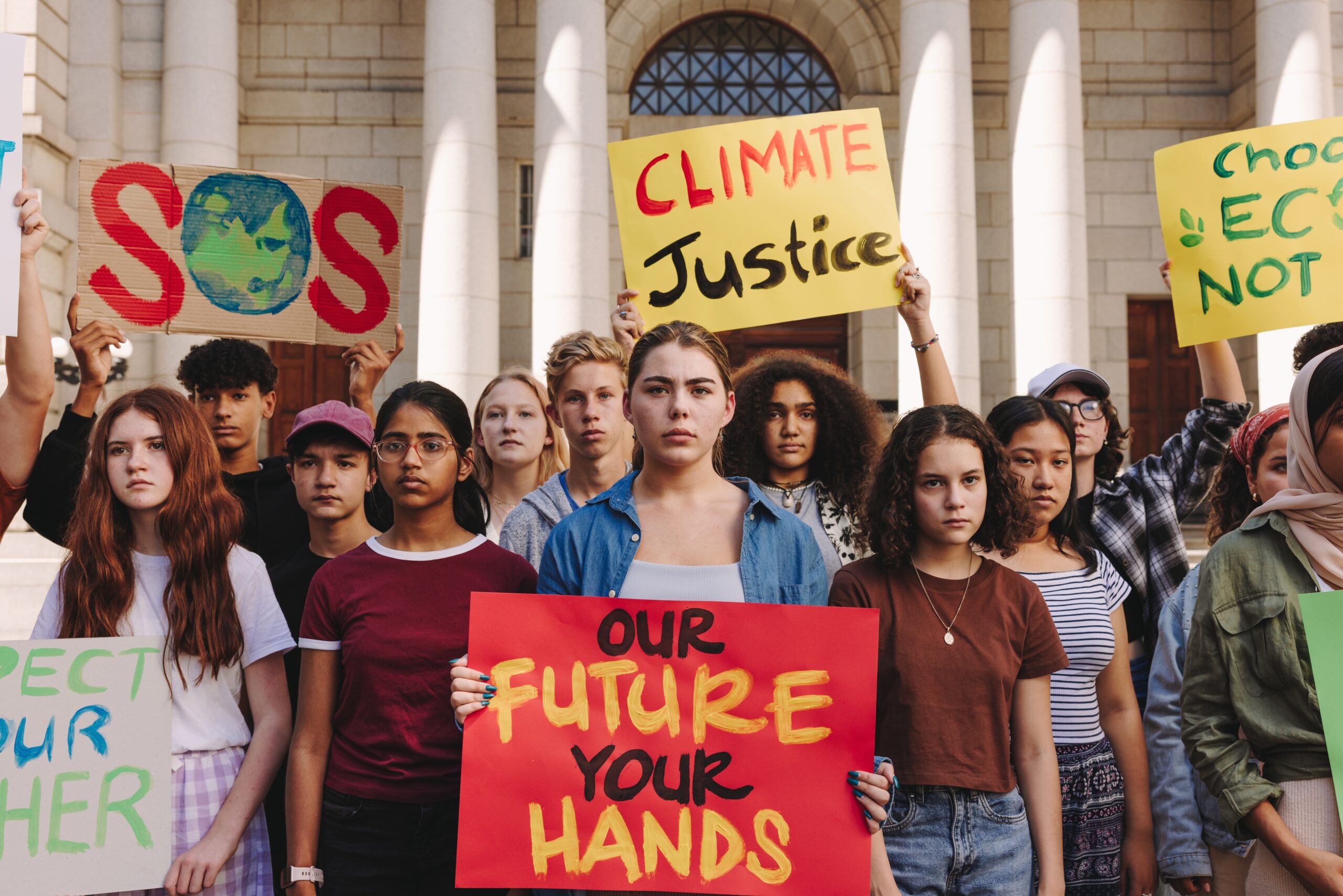
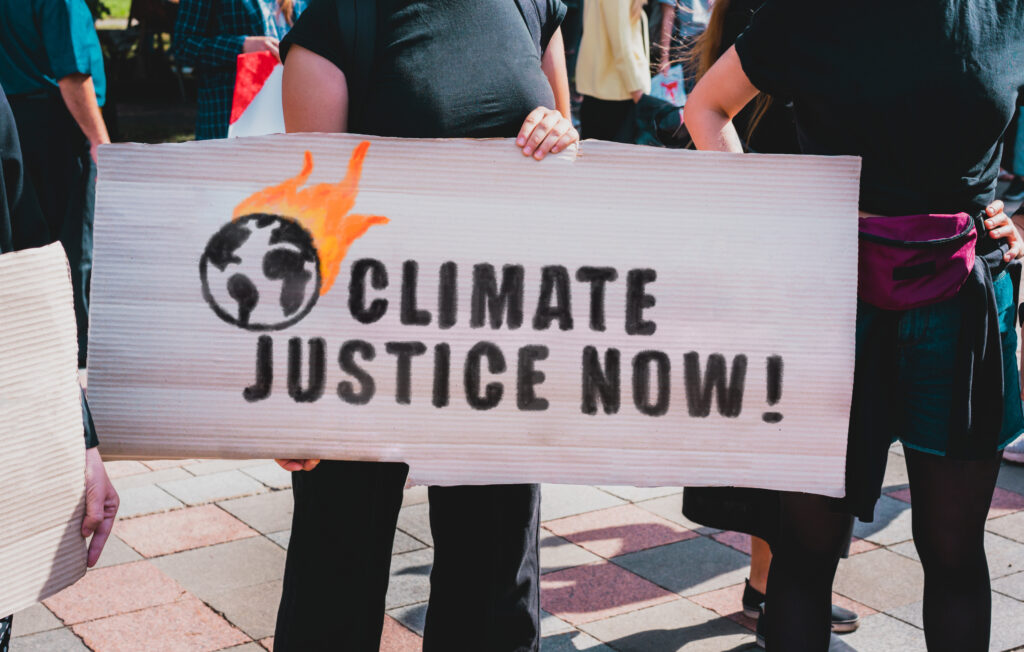
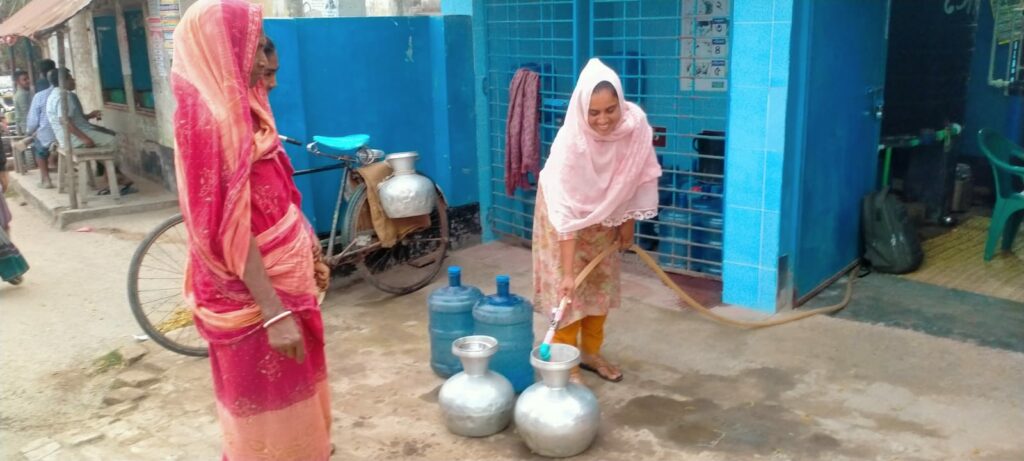
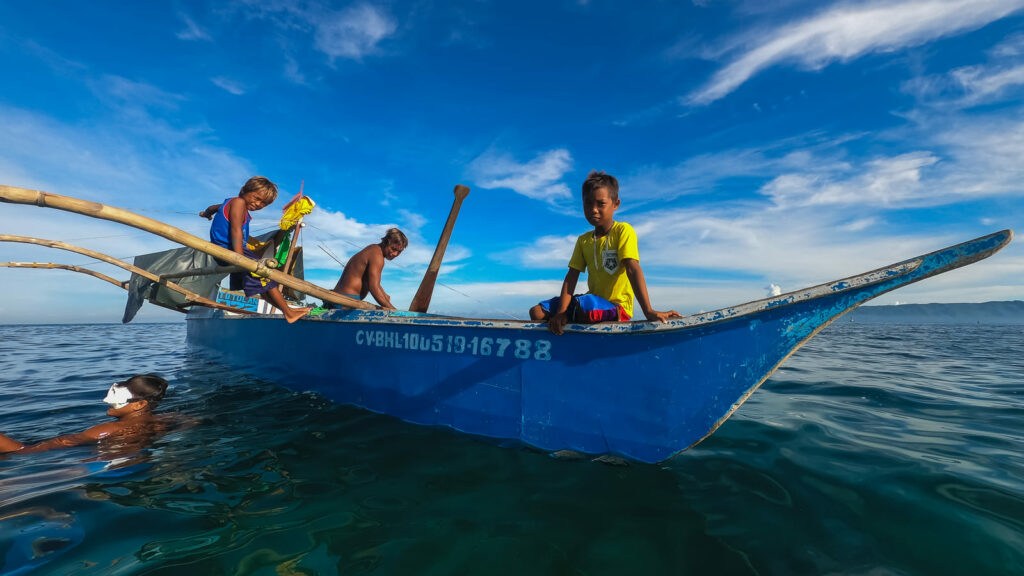
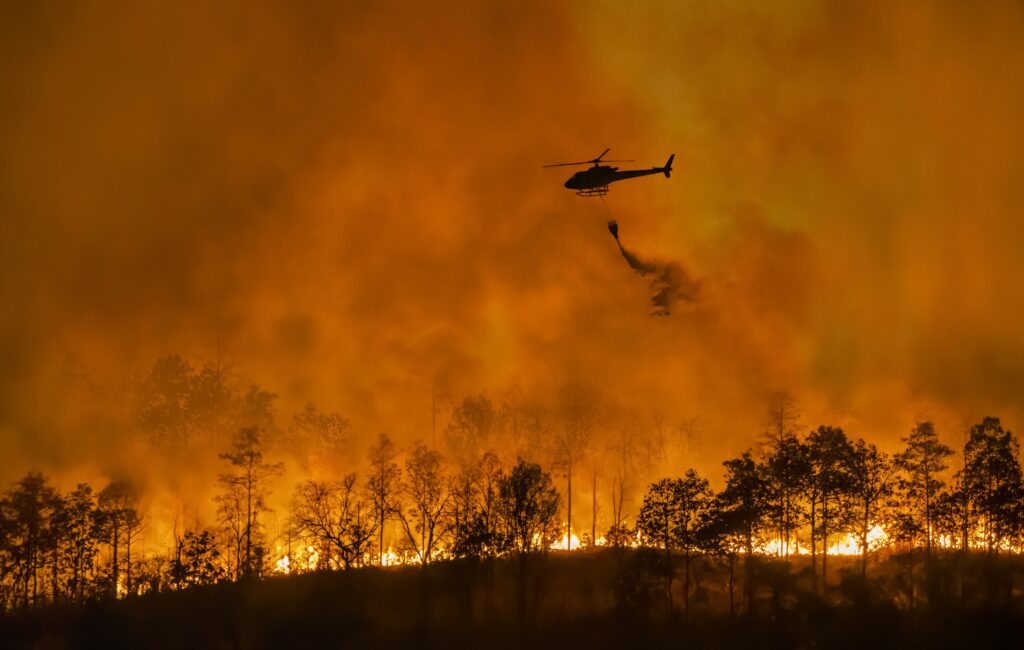
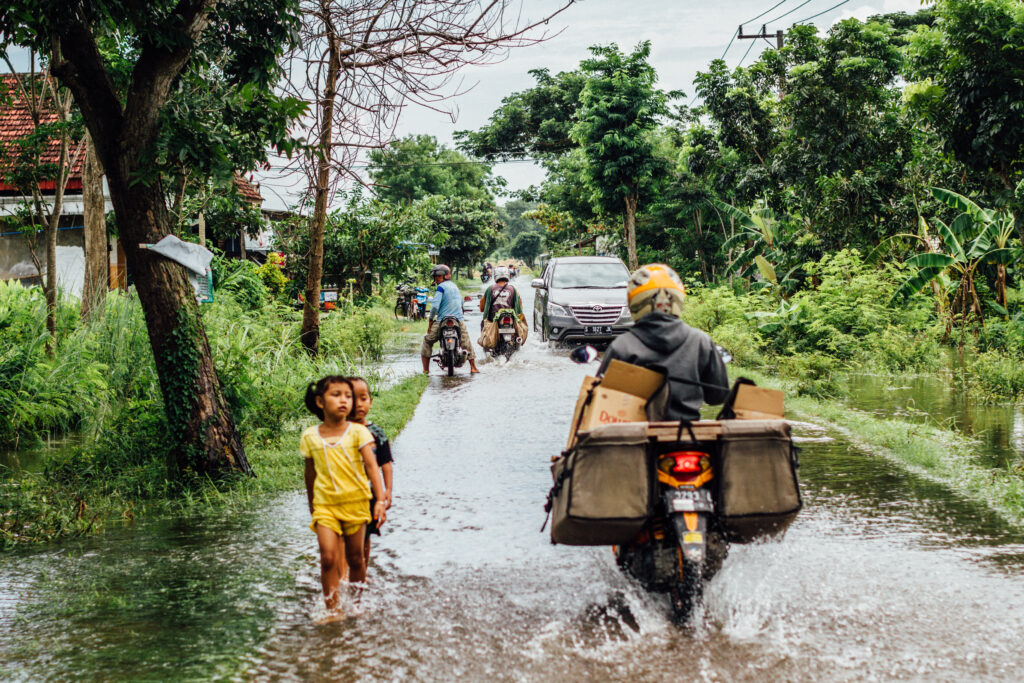
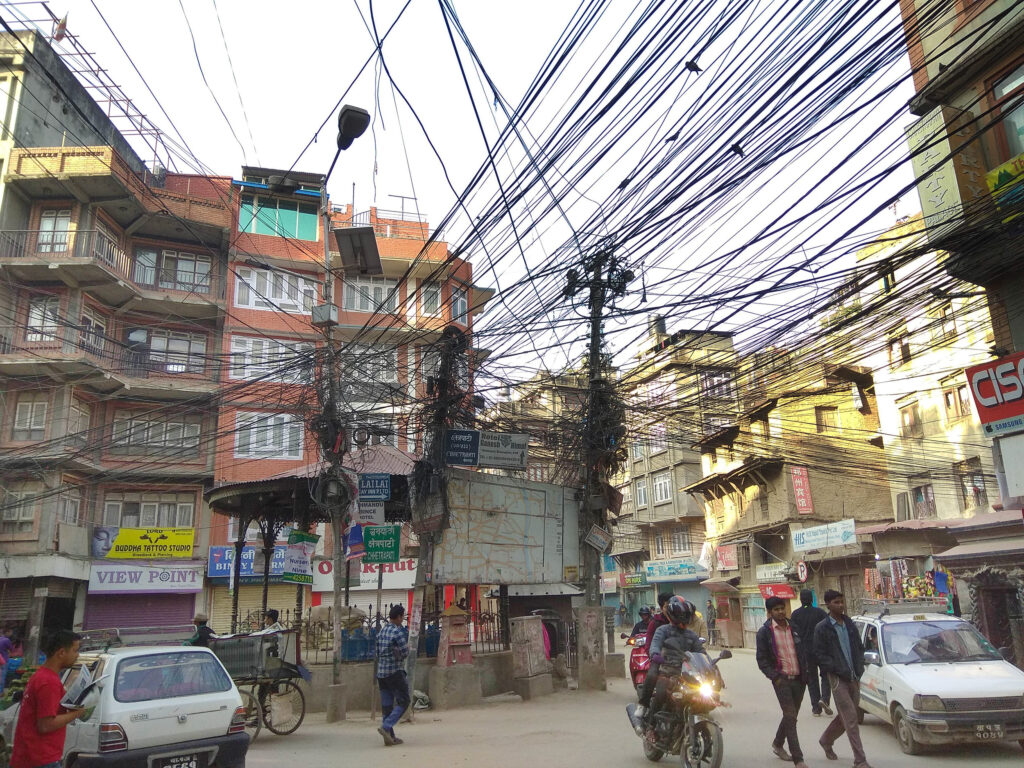
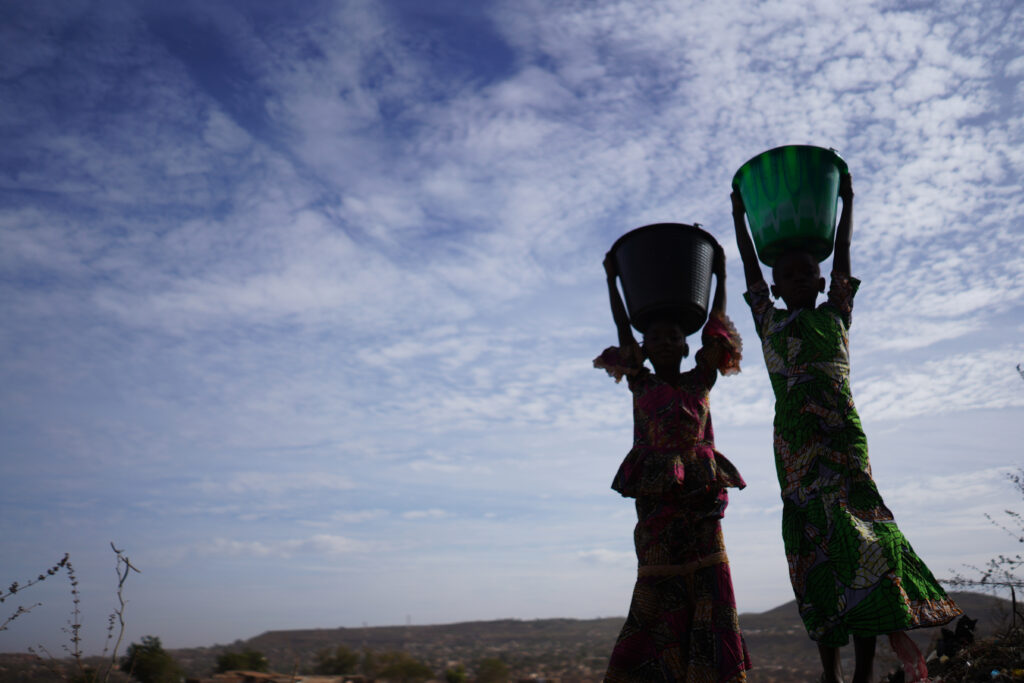
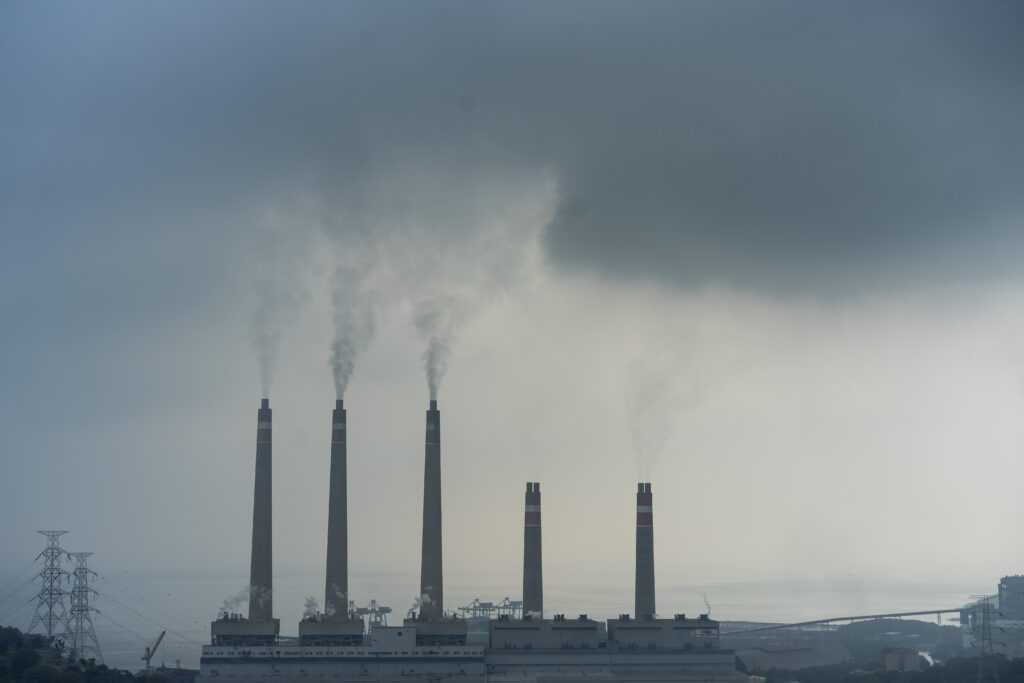
![Climate Change is Drowning Bangladesh — Where is the Finance to Stop It? [Op-Ed]](https://www.climateimpactstracker.com/wp-content/uploads/2025/05/shutterstock_2303245709-1024x603.jpg)
![Raja Ampat, A (Mis)fortune Beyond Beauty? [Op-Ed]](https://www.climateimpactstracker.com/wp-content/uploads/2025/07/shutterstock_2488631665-1024x575.jpg)




